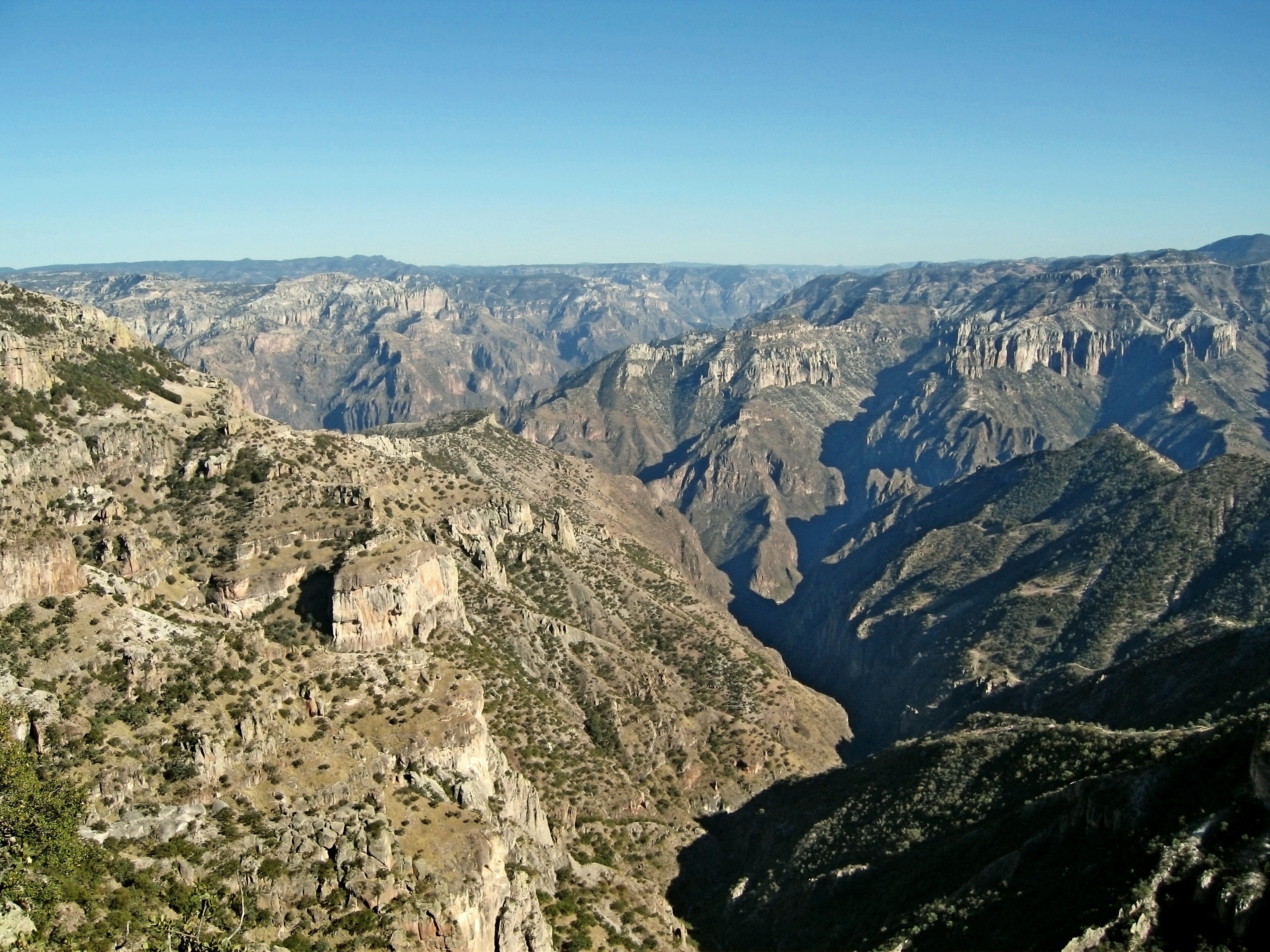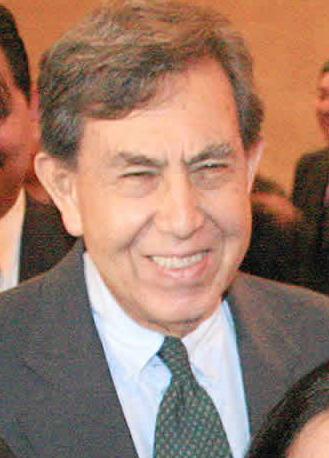|
Hostotipaquillo
Hostotipaquillo is a town and municipality, in Jalisco in central-western Mexico Mexico (Spanish: México), officially the United Mexican States, is a country in the southern portion of North America. It is bordered to the north by the United States; to the south and west by the Pacific Ocean; to the southeast by Guatema .... The municipality covers an area of 697.94 km². As of 2005, the municipality had a total population of 8,228. Government Municipal presidents References {{Jalisco Municipalities of Jalisco ... [...More Info...] [...Related Items...] OR: [Wikipedia] [Google] [Baidu] |
Jalisco
Jalisco (, , ; Nahuatl: Xalixco), officially the Free and Sovereign State of Jalisco ( es, Estado Libre y Soberano de Jalisco ; Nahuatl: Tlahtohcayotl Xalixco), is one of the 31 states which, along with Mexico City, comprise the 32 Federal Entities of Mexico. It is located in Western Mexico and is bordered by six states, which are Nayarit, Zacatecas, Aguascalientes, Guanajuato, Michoacán, and Colima. Jalisco is divided into 125 municipalities, and its capital and largest city is Guadalajara. Jalisco is one of the most economically and culturally important states in Mexico, owing to its natural resources as well as its long history and culture. Many of the characteristic traits of Mexican culture, particularly outside Mexico City, are originally from Jalisco, such as mariachi, ranchera music, birria, tequila, jaripeo, etc., hence the state's motto: "Jalisco es México." Economically, it is ranked third in the country, with industries centered in the Guadalajar ... [...More Info...] [...Related Items...] OR: [Wikipedia] [Google] [Baidu] |
Municipalities Of Jalisco
Jalisco is a state in Western Mexico that is divided into 125 municipalities. According to the 2020 Mexican Census, it is the third most populated state with inhabitants and the seventh largest by land area spanning . The largest municipality by population is Zapopan, with 1,476,491 residents (17.68% of the state's total), while the smallest is Santa María del Oro with 1,815 residents. The largest municipality by land area is Mezquitic which spans , and the smallest is Techaluta with . The newest is San Ignacio Cerro Gordo, established in 2007 out of Arandas. Municipalities in Jalisco are administratively autonomous of the state according to the 115th article of the 1917 Constitution of Mexico. Their legal framework derives from the state Constitution. Every three years, citizens elect a municipal president (Spanish: ''presidente municipal'') by a plurality voting system who heads a concurrently elected municipal council (''ayuntamiento'') responsible for providing all th ... [...More Info...] [...Related Items...] OR: [Wikipedia] [Google] [Baidu] |
Sierra Madre Occidental
The Sierra Madre Occidental is a major mountain range system of the North American Cordillera, that runs northwest–southeast through northwestern and western Mexico, and along the Gulf of California. The Sierra Madre is part of the American Cordillera, a chain of mountain ranges (cordillera) that consists of an almost continuous sequence of mountain ranges that form the western 'sounds' of North America, Central America, South America and West Antarctica. Etymology The Spanish name ''sierra madre'' means "mother mountain range" in English, and ''occidental'' means "western", these thus being the "Western mother mountain range". To the east, from the Spanish ''oriental'' meaning "eastern" in English, the Sierra Madre Oriental range or "Eastern Mother Mountains" runs generally parallel to the Sierra Madre Occidental along eastern Mexico and the Gulf of Mexico. The range extends from northern Sonora, a state near the Mexico–U.S. border at Arizona, southeastwards to the T ... [...More Info...] [...Related Items...] OR: [Wikipedia] [Google] [Baidu] |
PRI Party (Mexico)
PRI may refer to: Entertainment and media * '' Performance Racing Industry'', a magazine * PRI Records, in Los Angeles, US * Public Radio International, Minneapolis, US Measurements and codes * Perceptual Reasoning Index, in the WAIS-IV intelligence test * Photochemical Reflectance Index * Pulse repetition interval * Praslin Island Airport (IATA:PRI), Seychelles * Puerto Rico (ISO 3166-1 alpha-3: PRI) Political parties * Independent Regionalist Party, Chile * Institutional Revolutionary Party, Mexico * Italian Republican Party, Italy Research organizations * Pacific Research Institute, California, US * Paleontological Research Institution, Ithaca, New York, US * Penal Reform International * Population Research Institute (organization), Virginia, US, anti-contraception and abortion Technology * Cromemco PRI printer interface card * Primary Rate Interface, telecommunication standard Other uses * PRI disease resistant apple breeding program The PRI disease resistant apple b ... [...More Info...] [...Related Items...] OR: [Wikipedia] [Google] [Baidu] |
Citizens' Movement (Mexico)
Citizens' Movement ( es, Movimiento Ciudadano) is a political party in Mexico. Dante Delgado Rannauro was its first leader. It was initially known as Convergence for Democracy ( es, Convergencia por la Democracia), but the name was shortened to simply Convergence ( es, Convergencia) in August 2002. In July 2011, it was reformed as the Citizens' Movement. Since the 4th of December 2018, Clemente Castañeda has been the head of the party as part of a new wave of young leaders. Convergence was founded as a "national political grouping" in 1997. It attained registered party status in 1999 and participated in federal elections in the 2000 general election as a component in the "Alliance for Mexico" ''(Alianza por México),'' whose (unsuccessful) presidential candidate was Cuauhtémoc Cárdenas. In that election, as its part of the alliance's share, it was awarded one Senate seat and two in the Chamber of Deputies. The party describes itself as a social-democratic. The electoral c ... [...More Info...] [...Related Items...] OR: [Wikipedia] [Google] [Baidu] |
PRD Logo Without Border (Mexico)
PRD may refer to: Political parties * Democratic Renewal Party (Angola) (''Partido Renovador Democrático'') *Democratic Renewal Party (Benin) (''Parti de Renouveau Démocratique'') *Dominican Revolutionary Party (''Partido Revolucionario Dominicano''), a political party in the Dominican Republic *People's Democratic Party (Indonesia) (''Partai Rakyat Demokratik'') *Party of the Democratic Revolution (''Partido de la Revolución Democrática''), a political party in Mexico *Democratic Revolutionary Party (''Partido Revolucionario Democrático''), a political party in Panama * Democratic Renewal Party (Portugal) (''Partido Renovador Democrático''), a former political party *Democratic Reformist Party (''Partido Reformista Democrático''), a former political party in Spain *Free Democratic Party of Switzerland (''Parti radical-démocratique''), a former political party Science and technology * Partial rootzone drying, an irrigation technique *''Physical Review D'', a scientific jou ... [...More Info...] [...Related Items...] OR: [Wikipedia] [Google] [Baidu] |
Party Of The Democratic Revolution
The Party of the Democratic Revolution (PRD, es, Partido de la Revolución Democrática, ) is a social democratic political party in Mexico. The PRD originated from the Democratic Current, a political faction formed in 1986 from the Institutional Revolutionary Party (PRI). The PRD was formed after the contested general election in 1988, which the PRD's immediate predecessor, the National Democratic Front, believed was rigged by the PRI. This sparked a movement away from the PRI's authoritarian rule. As of 2020, the PRD is a member of the Va por México coalition. Internationally, the PRD is a member of the Progressive Alliance. The members of the party are known colloquially in Mexico as ''Perredistas''. History Early origins Break from the PRI (1986–1988) The PRD has its origins with the leftist members of the PRI, Institutional Revolutionary Party. The PRI had dominated Mexican politics since its founding in 1929. In 1986, a group of PRI members – including Ifige ... [...More Info...] [...Related Items...] OR: [Wikipedia] [Google] [Baidu] |
National Action Party (Mexico)
The National Action Party ( es, Partido Acción Nacional, PAN) is a conservative political party in Mexico founded in 1939. The party is one of the four main political parties in Mexico, and, since the 1980s, has had success winning local, state, and national elections. In the historic 2000 Mexican general election, PAN candidate Vicente Fox was elected president for the constitutional six-year term; his victory marked the first time in 71 years that the Mexican presidency was not held by a member of the traditional ruling party, the PRI. Six years later, PAN candidate Felipe Calderón succeeded Fox in the presidency following victory in the 2006 presidential election. During the period 2000–2012, PAN was the strongest party in both houses of the Congress of the Union (the federal legislature) but lacked a majority in either house. In the 2006 legislative elections the party won 207 out of 500 seats in the Chamber of Deputies and 52 out of 128 Senators. In the 2012 le ... [...More Info...] [...Related Items...] OR: [Wikipedia] [Google] [Baidu] |
Logo Partido De La Revolucion Mexicana
A logo (abbreviation of logotype; ) is a graphic mark, emblem, or symbol used to aid and promote public identification and recognition. It may be of an abstract or figurative design or include the text of the name it represents as in a wordmark. In the days of hot metal typesetting, a logotype was one word cast as a single piece of type (e.g. "The" in ATF Garamond), as opposed to a ligature, which is two or more letters joined, but not forming a word. By extension, the term was also used for a uniquely set and arranged typeface or colophon. At the level of mass communication and in common usage, a company's logo is today often synonymous with its trademark or brand.Wheeler, Alina. ''Designing Brand Identity'' © 2006 John Wiley & Sons, Inc. (page 4) Etymology Douglas Harper's Online Etymology Dictionary states that the term 'logo' used in 1937 "probably a shortening of logogram". History Numerous inventions and techniques have contributed to the contemporary logo, incl ... [...More Info...] [...Related Items...] OR: [Wikipedia] [Google] [Baidu] |
Institutional Revolutionary Party
The Institutional Revolutionary Party ( es, Partido Revolucionario Institucional, ; abbr. PRI) is a political party in Mexico that was founded in 1929 and held uninterrupted power in the country for 71 years, from 1929 to 2000, first as the National Revolutionary Party ( es, Partido Nacional Revolucionario, PNR), then as the Party of the Mexican Revolution ( es, Partido de la Revolución Mexicana, PRM) and finally as the PRI beginning in 1946. The PNR was founded in 1929 by Plutarco Elías Calles, Mexico's paramount leader at the time and self-proclaimed (Supreme Chief) of the Mexican Revolution. The party was created with the intent of providing a political space in which all the surviving leaders and combatants of the Mexican Revolution could participate and to solve the severe political crisis caused by the assassination of President-elect Álvaro Obregón in 1928. Although Calles himself fell into political disgrace and was exiled in 1936, the party continued ruling Mexico ... [...More Info...] [...Related Items...] OR: [Wikipedia] [Google] [Baidu] |
Administrative Divisions Of Mexico
The United Mexican States ( es, Estados Unidos Mexicanos) is a federal republic composed of 32 federal entities: 31 states and Mexico City, an autonomous entity. According to the Constitution of 1917, the states of the federation are free and sovereign in all matters concerning their internal affairs. Each state has its own congress and constitution. Federal entities of Mexico States Roles and powers of the states The states of the Mexican Federation are free, sovereign, autonomous and independent of each other. They are free to govern themselves according to their own laws; each state has a constitution that cannot contradict the federal constitution, which covers issues of national competence. The states cannot make alliances with other states or any independent nation without the consent of the whole federation, except those related to defense and security arrangements necessary to keep the border states secure in the event of an invasion. The political organizat ... [...More Info...] [...Related Items...] OR: [Wikipedia] [Google] [Baidu] |




